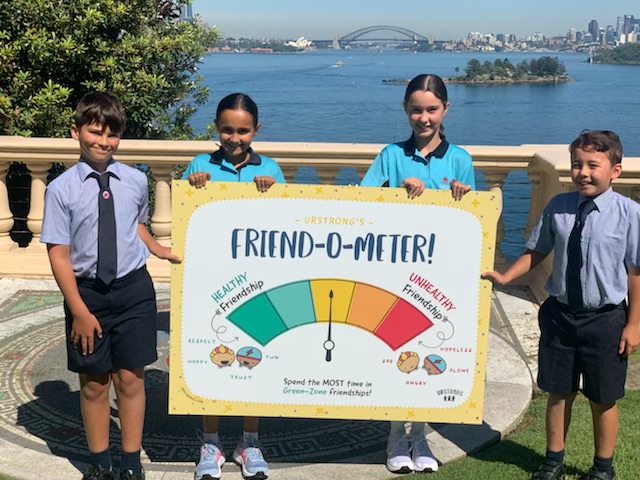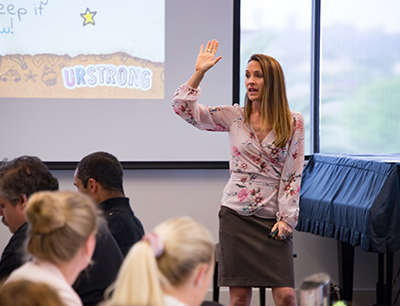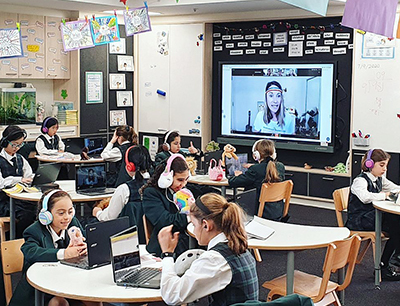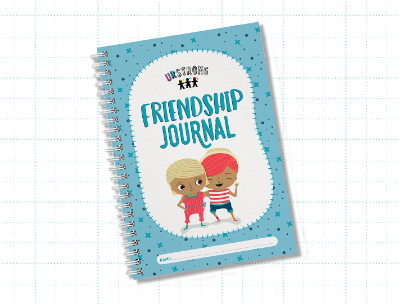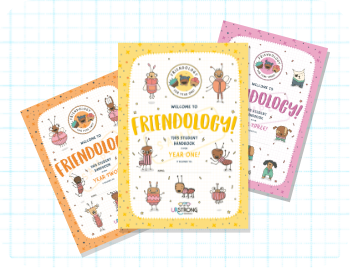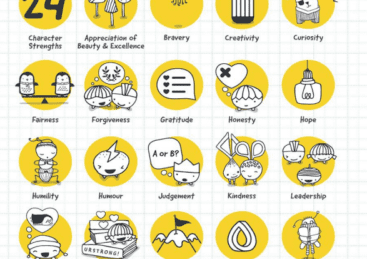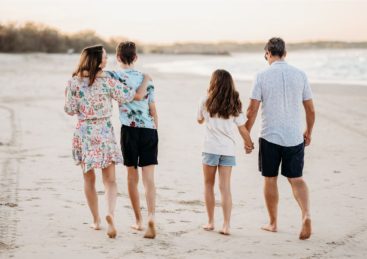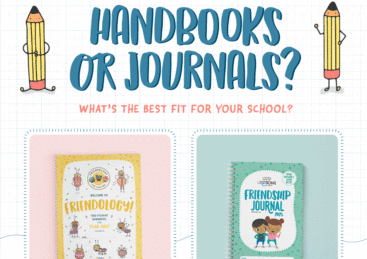URSTRONG is proud to have worked with thousands of neurodiverse students
in schools around the world.
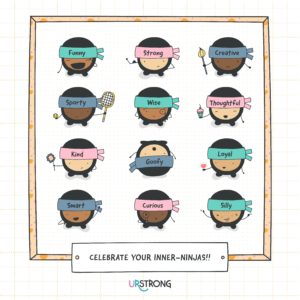
Neurodiversity, a term coined in 1998 by an Australian sociologist, is about recognizing and supporting the many unique ways that children learn. According to Harvard Medical School, “Neurodiversity is often used in the context of autism spectrum disorder (ASD), as well as other neurological or developmental conditions such as ADHD or learning disabilities.” In URSTRONG Schools, educators aim to create inclusive classrooms that accept and celebrate these neurological differences.
When it comes to neurodivergent learners, friendships can sometimes feel challenging. They might feel misunderstood or find it hard to connect with their peers. In some cases, they might misread social cues and body language or struggle with their own non-verbal communication. Conflict can feel particularly difficult, especially when big emotions (like anger) are involved. For kids who find it tricky to navigate the ups and downs of friendship, school can feel very frustrating, overwhelming, and exhausting.
The good news is: Friendship is a skill that can be taught. Our URSTRONG Schools see positive outcomes for neurodivergent students who learn our Friendology friendship skills curriculum and whole-school friendship strategy.
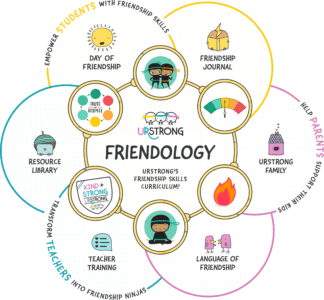
A few key elements of URSTRONG that supports neurodivergent learners include:
- Our Progressive Learning Model:
Spanning Early Years to teens, our Friendology friendship skills curriculum is a suite of 5 distinct curriculums that are designed for progressive learning – building on skills year-after-year. With continuity across the year levels among core concepts, the context, scenarios, and teaching style change to meet the needs of each developmental stage. Students deepen their understanding of the concepts and friendship skills through differentiated instruction, applying developmentally-appropriate higher-order thinking skills. Educators provide scaffolding through questions, role-plays, and activities, meeting children where they are at in the social development.
As detailed in the Friendology Facilitator’s Guide, our RTI (Response to Intervention) model explains the importance of providing a framework for all learners in a school. This allows URSTRONG Schools to better identify those children who need deeper interventions. A ‘friendship framework’ is the starting point before educators can explore the nuances within a child’s social skills, which is particularly necessary for neurodivergent learners.
- Explicit, step-by-step instruction:
Friendology guides students through 8 sequenced lessons (using videos and slideshows) designed to meet specific learning outcomes. As described in the Palgrave Handbook of Positive Education, “The strength of an explicit approach is that it provides a consistency of content, thus, allowing teachers to follow a uniform lesson sequence and ensuring all students are taught the same key lessons (Waters, L. 2021).” Every skill is taught step-by-step with kid-friendly language and terms to make it easier for neurodivergent and exceptional learners to understand, particularly those who struggle with executive functioning.
- Whole-school approach:
Research shows that whole-school approaches are the most effective. Creating a common ‘language of friendship’ between school and home is a hallmark of a URSTRONG School. Parents get acess to hundreds of resources to support their children at home in a consitent way. In addition, every teacher is trained in using the same language and strategies, creating consistency for neurodivergent learners. This shared language also allows for small group and individualized instruction for students who require more focused support that clicks with how they learn.
- Visual tools & easy-to-understand language:
Given friendships sometimes require sophisticated social skills (e.g. negotiation, perspective-taking, conflict-resolution), URSTRONG uses visual tools and kid-friendly terms that are intuitive for children. The Friend-o-Meter, for example, allows learners an easy way to identify how they (and others) are feeling in their friendships.
- Role-playing scenarios:
To support skill development, scenarios are woven throughout the annual scope & sequence, designed for weekly friendship lessons. Students learn how to put out their Friendship Fires and work their way around the Friend-o-Cycle. They practise how to Talk-it-Out with real-life scenarios, how to make friends, how to have a conversation, how to include others and ask a friend to play. Early learners practise their friendship skills with teddy bears and toys, helping them learn through play. As noted by our Director, Tyson Greenwood, “Explicit instruction and role-playing provide a scaffold so neurodivergent learners can prepare for the tricky moments. This also lowers anxiety by walking them through scenarios, aligned with a Cognitive Behavioral Therapy (CBT) approach.”
- Strengths-based focus underpinned by Positive Psychology:
Through our wellbeing themes such as DIVERSITY and RESPECT, we help children understand, accept, and honour differences. Our core concepts, such as Friendship Fact #2: Every Friendship is Different, create a foundation for friendship skills and relating to one another. Our URSTRONG Schools focus on the strengths of each child with activities that help children learn about VIA Institute’s 24 Character Strengths. In our first session of Friendology, called Inner Ninja, students learn strategies to strengthen their emotional regulation, self-awareness, and emotional literacy.
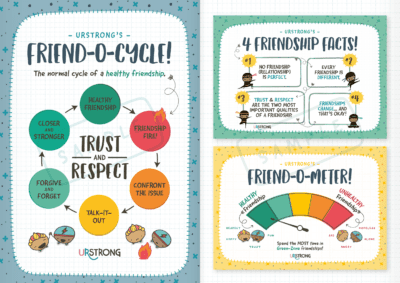
Westmount Charter School in Calgary, Canada have been a URSTRONG School for nearly 10 years. They specialize in working with neurodiverse children, often with multiple exceptionalities, and have found our Friendology friendship skills curriculum supports the unique social needs of their students.
With teachers and parents all supporting children with a common ‘language of friendship’, our URSTRONG Schools create a safe and inclusive environment for neurodiverse learners (and all students) to effectively develop in their social and emotional competence.
Written by: Dana Kerford
Founder & Friendship Expert

